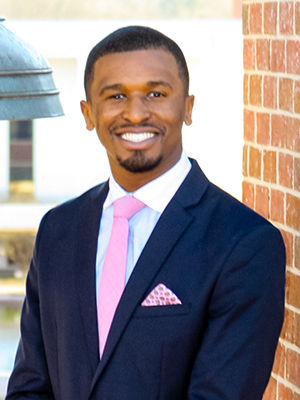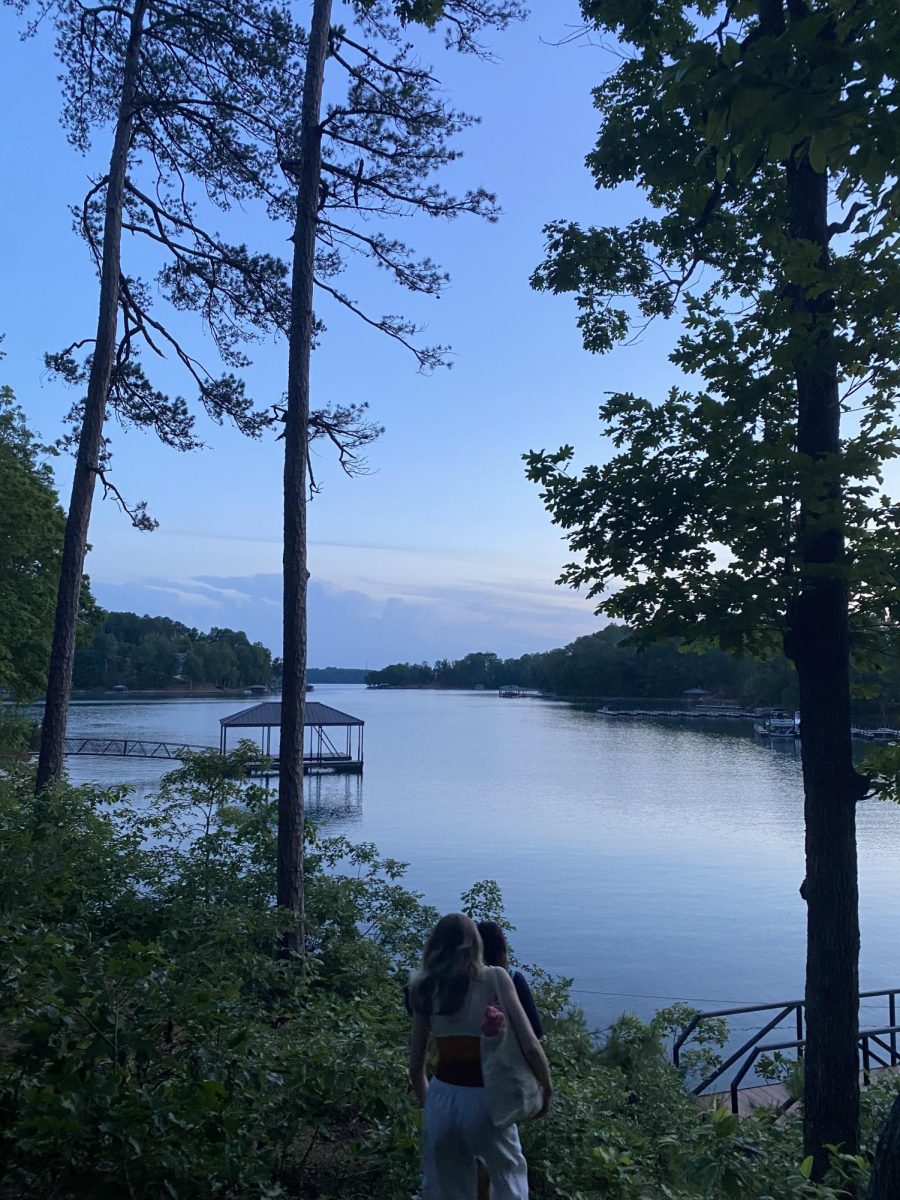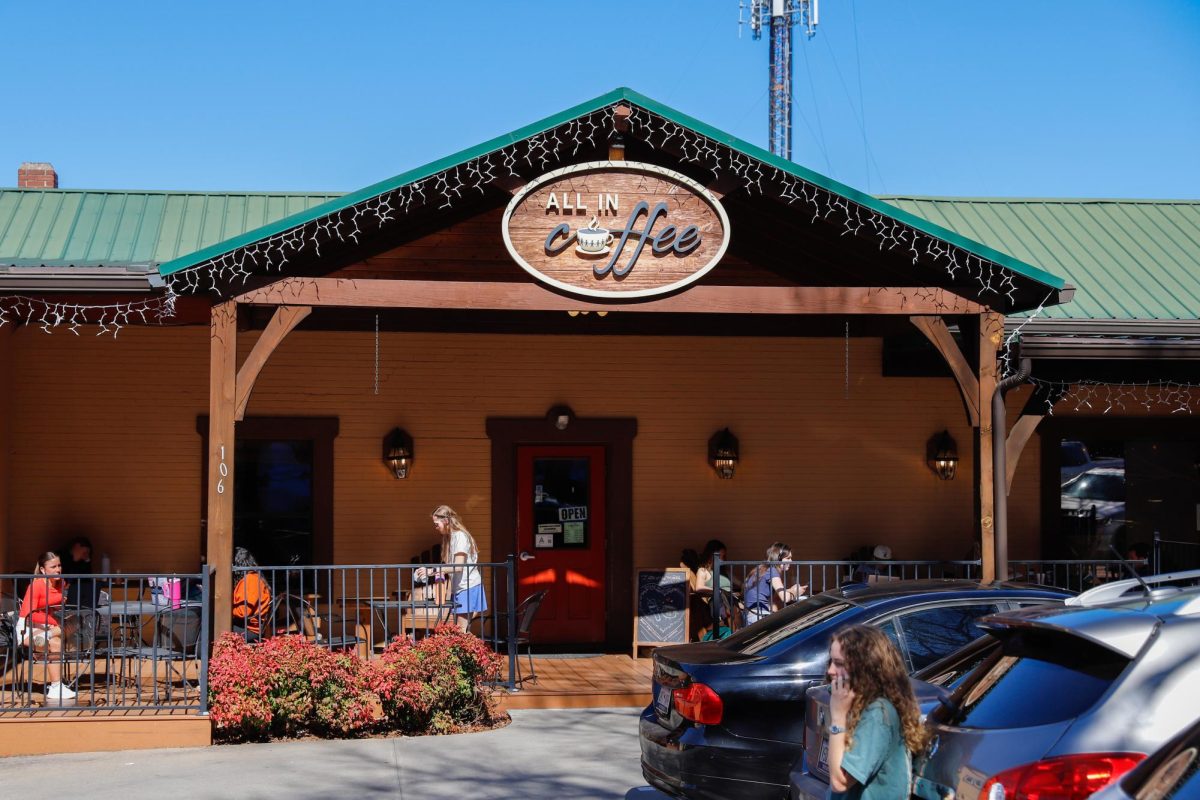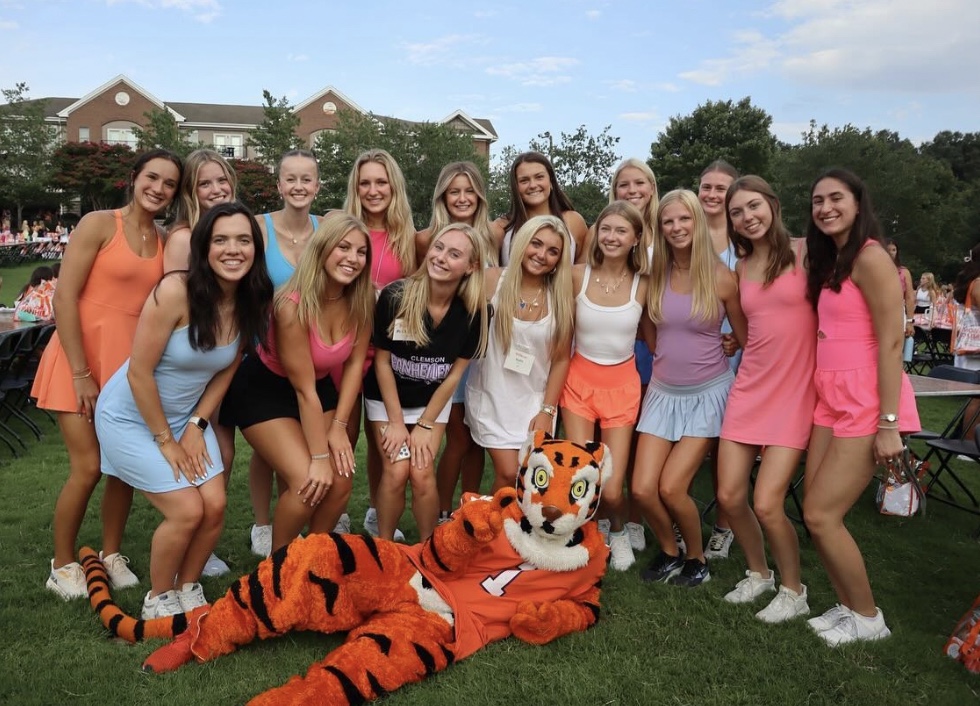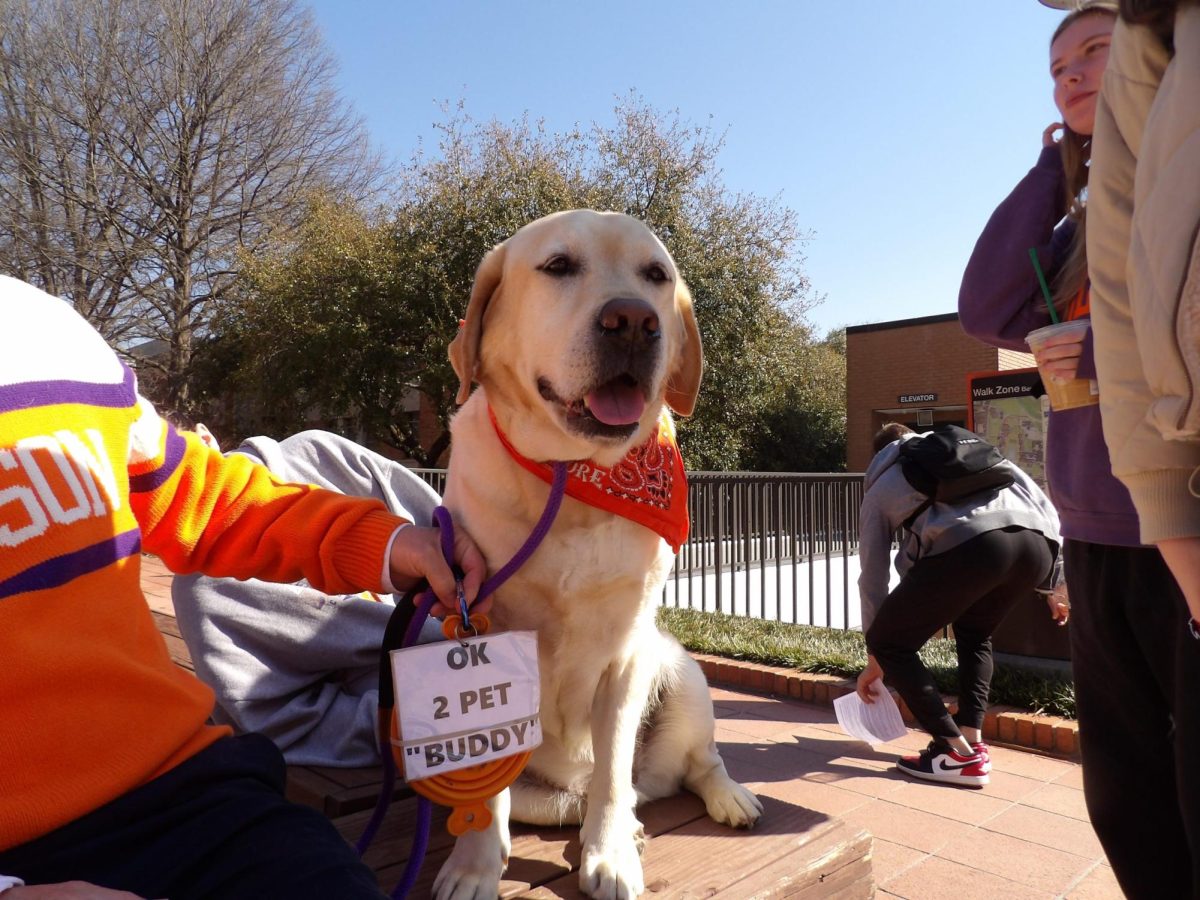Campaigning for graduate student government elections is underway. With elections in three weeks, presidential candidates Tyrese Bryant and Aury Kangelos are vying for votes.
The Tiger sat down with both candidates to find out who they are and what they want to do as Clemson Graduate Student Government (CGSG) president.
Tyrese Bryant:
Tyrese Bryant is one of seven children raised by a single mother, Merlean Jackson. Her friends just call her Mrs. Jackson.
“I’ve had the absolute pleasure of being raised by the greatest woman I know,” Bryant said. “Making a difference, respecting others and caring for others are the values she instilled in us.” Mrs. Jackson told Bryant and his siblings to “just take care of people,” which inspired him to make a difference in people’s lives.
Bryant is from Rochester, New York. He has a bachelor’s degree in political science from St. John Fisher College. He is currently pursuing his master’s degree in city and regional planning and works as a graduate assistant.
Although Bryant is not a member of CGSG, he believes it is an important organization that needs improvement.
“The role of CGSG is making sure the graduate student’s perspective is put into the ClemsonForward plan,” Bryant said.
Bryant’s campaign slogan is “A Vision Forward.” One of his goals is to improve CGSG by recruiting a diverse student body and increasing student engagement with CGSG leadership. His second goal is to enhance student experience by encouraging collaboration among graduate student organizations and strengthening access to student resources.
ACT, or advocate, connect and transportation, are the key steps of Bryant’s platform. Bryant wants to advocate for students by increasing student access to Professional Enrichment Grants (PEGs), which are provided to graduate students by CGSG for travel to conferences and field experiences.
“I want to make sure that PEGs are available to more students,” Bryant said. “I want to see a more diverse pool of students win those grants.”
Bryant also wants to improve connections by “making the silent majority … part of the process.” He said that groups like the Chinese Students and Scholars Association and Indian Student Association are doing good things.
“After talking to these groups, it seems that CGSG can do a better job at making sure they’re hearing the voices of the silent majority,” he said.
Transportation is the third part of Bryant’s platform. He wants to make campus more pedestrian friendly with a smarter parking system and improve the CATbus.
“Maybe we increase the amount of buses that run on each route,” Bryant said. He said that more buses would mean fewer stops and faster routes.
Bryant also wants to reform CGSG. “I think that we can find a way for CGSG to be more transparent and make sure everyone’s voice is included in the process,” Bryant said. “We need to make sure that we have plenty of candidates who come from all walks of life.”
The theme of service and relationships permeated Bryant’s explanation of his platform.
“People have to give back and help each other,” Bryant sad. “People have to lift each other up.”
Bryant said that his mother taught him and his siblings to leave the world a better place. “I’ve done that,” Bryant said.
Aury Kangelos:
Aury Kangelos proposed to his fiancé Sarah on the SkyWheel in Myrtle Beach.
“I’m terrified of Ferris Wheels, and she’s terrified of heights,” Kangelos said. After not popping the question in Paris, Kangelos decided that the top of a Ferris Wheel was just as romantic.
Kangelos and fiancé are from Union City, Tennessee. He has a bachelor’s degree in political science from University of Tennessee at Martin and a master’s in city and regional planning from the University of Memphis. He is currently pursuing a Ph.D. in policy studies.
As secretary of Parking and Transportation Services for CGSG, Kangelos wants to continue to help graduate students.
“My primary motivation for seeking office is simple: service,” he said.
Kangelos’ platform focuses on five aspects of the graduate student experience. The first is to increase professional development opportunities.
“I keep stressing that we’re a Tier 1 Research Institute, and we have a lot of extremely smart people in the grad program,” Kangelos said. “We need to promote what grad students are doing and making sure they’re recognized in their field.” He wants to increase the exposure of students’ achievements with academic and business professionals.
The second part of Kangelos’ platform is creating and expanding graduate student academic services. He wants graduate students to have as many resources as undergraduate students.
“I want to focus on getting academic resources together for grad students,” he said. “I would love for there to be somewhere for them to go, like the Academic Success Center.” Kangelos wants to institute a writing lab that would specifically help international students who speak English as a second language.
Kangelos, who worked for the Tennessee Department of Transportation, also wants to make students more of aware of transportation options and services and expand those services.
Alumni outreach and engagement is the fourth part of Kangelos’s platform.
“Alumni engagement is something that [CGSG] has not done at all,” Kangelos said. “This issue is that because you probably came from another institution, you’re alma mater is somewhere else.”
Kangelos said that Clemson culture and traditions are really ingrained in undergraduate students but “graduate students, not so much.” Kangelos wants to make graduate alumni aware of student research and success by partnering with the graduate school, Alumni Association and development office.
The final part of Kangelos’s platform is improving the relationships between the CUICAR, Greenville and Charleston satellite campuses and the main campus. “The satellite campuses don’t feel as connected to the main campus,” he said. Kangelos wants more networking and professional development events to make students at the satellite campuses “feel more like they’re part of the Clemson family.”
Kangelos is passionate about service. “If you’re not in this to serve students and advocate for a diverse group of students,” he said, “then you’re not really doing a good job.”


